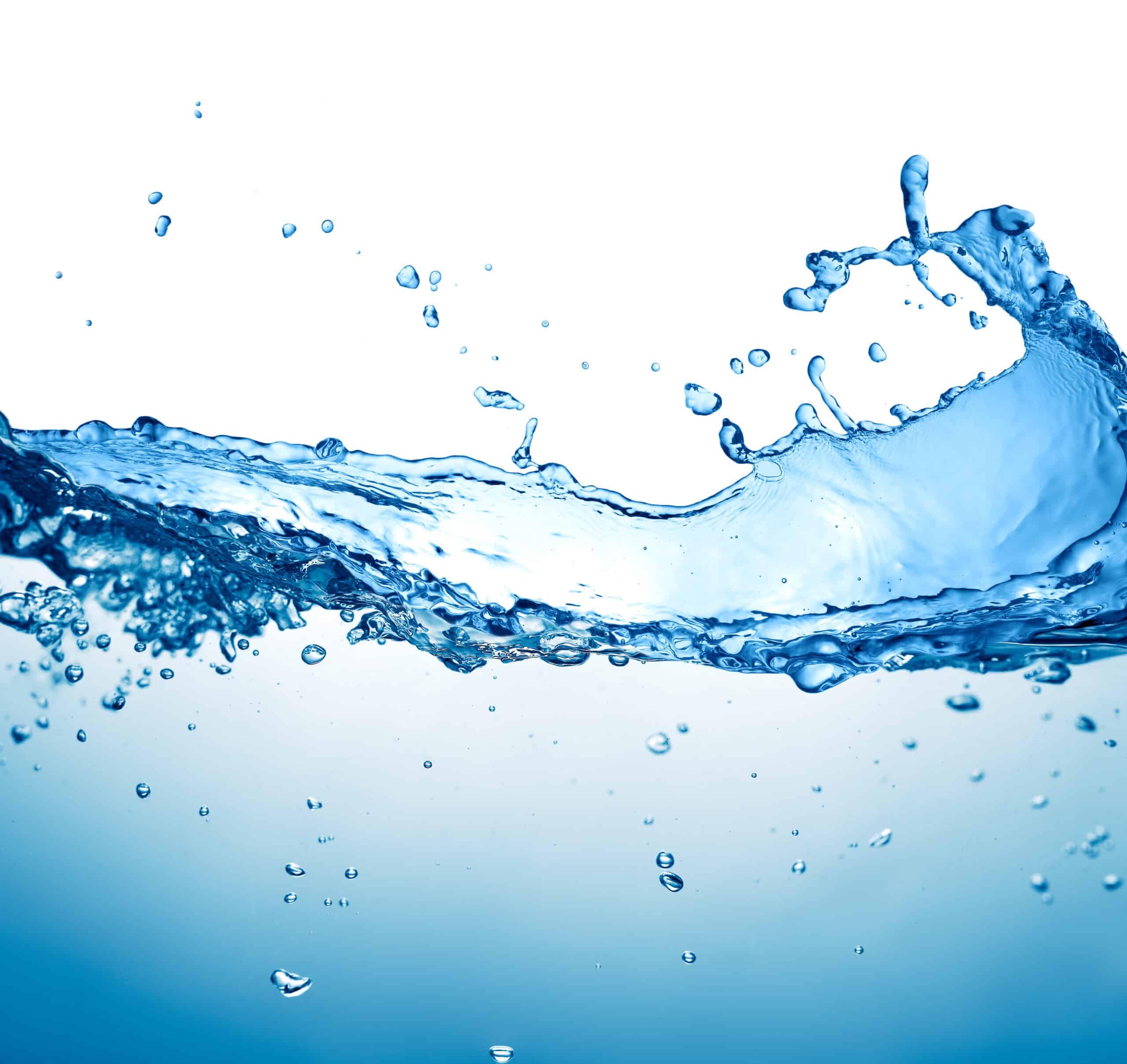According to the No Plastic in Nature: Assessing Plastic Ingestion from Nature to People Report the biggest culprits were bottled and tap water, but plastic was found in beer, shellfish, and salt.
WWF commissioned the project which was carried out by the University of Newcastle researchers which included reviewing and analyzing data from 52 peer reviewed studies that found people eat about a half a pound of tiny plastic pieces every year.
It’s no secret that microplastics are invading marine habitats around the globe, but this study shows that plastic pollution is spreading to the food web everywhere. Sheer prevalence and abundance of microplastic pollution leaked into food and water proves this is a global issue that should not be overlooked any longer.
“These findings must serve as a wake-up call to governments. Not only are plastics polluting our oceans and waterways and killing marine life – it’s in all of us, and we can’t escape consuming plastics. Global action is urgent and essential to tackling this crisis,” says the WWF Director General.
Tap and bottled water were found to be the largest source for microplastic ingestion, the report also highlights regional plastic patterns that impact how much plastic people are exposed to in different regions. For instance twice as much plastic was found in American drinking water than there was in the drinking water of Europe and Indonesia.
“If we don’t want plastic in our bodies, we need to stop the millions of tons of plastic that continue leaking into nature every year. In order to tackle the plastic crisis, we need urgent action at government, business, and consumer levels, and a global treaty with global targets to address plastic pollution,” said Marco Lambertini, WWF International Director General.
WWF has created a petition for which it has collected some 500,000 signatures in favor of a global treaty to fight marine plastic pollution, this treaty would create national targets for reducing plastic pollution and would improve waste management.




